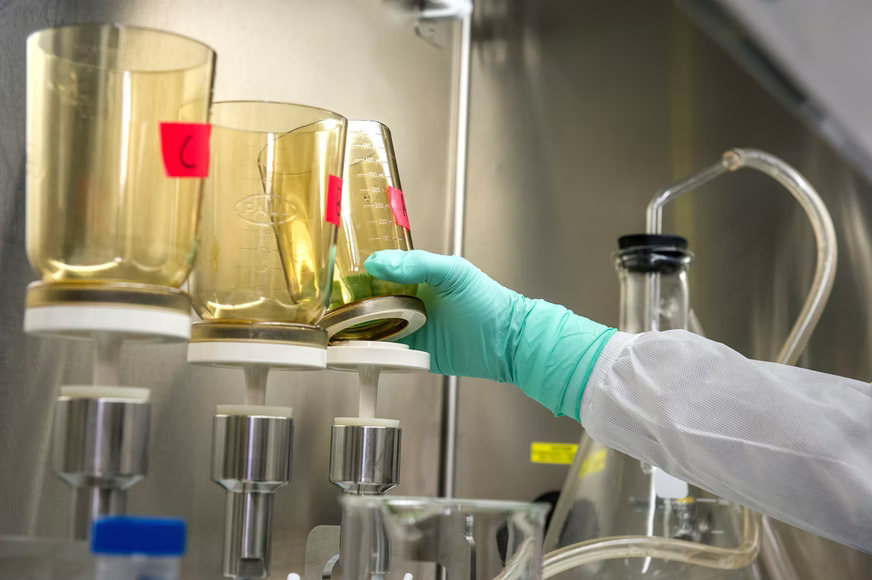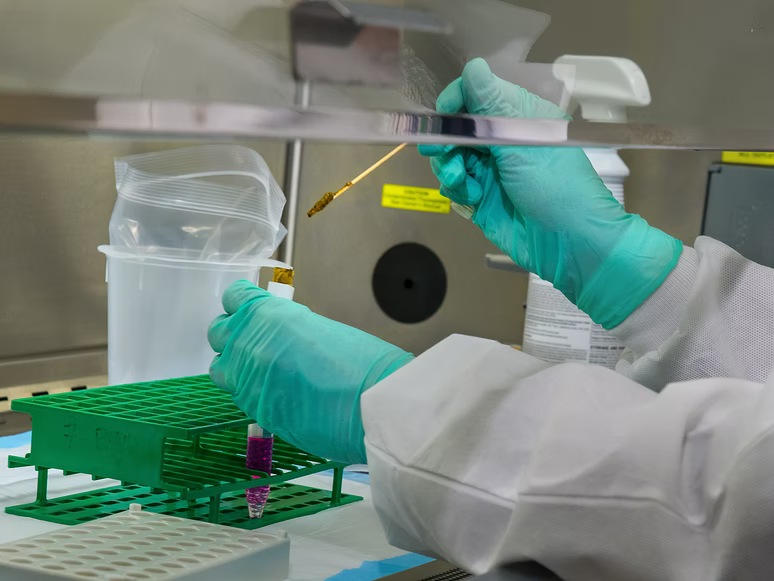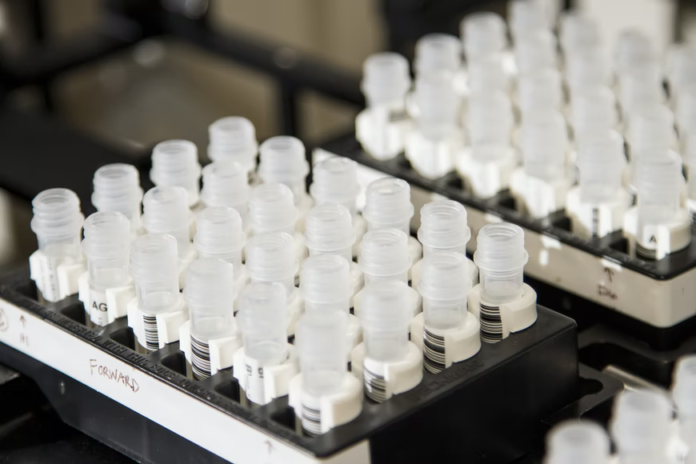For the safety of all road users, the Department of Transportation (DOT) set up a drug-testing program for companies in the transportation industry to carry out on their employees. This is because people operating commercial vehicles can be influenced by illicit drugs.
Transport companies are now required to sensitize their employees and conduct a DOT Drug test. If you’re in the private sector or work under the DOT, here’s everything you need to know about DOT drug tests.
What’s a DOT drug test?
A DOT Drug test is required and regulated by the Department of Transportation (DOT). The U.S. Congress passed the Omnibus Transportation Employee Testing Act in 1991 when they realized the need for an alcohol and drug-free transportation sector.
The DOT regulates transport companies to implement an alcohol and drug testing program for their employees through this act.

The DOT rules and regulations are listed as 49 CFR Part 40, and the Office of Drug & Alcohol Policy & Compliance (ODAPC) publishes these regulations. They also give authoritative interpretations of these rules and regulations.
Who’s required to Get DOT Drug and Alcohol Test?
Anyone with a designation in the DOT regulations as a safety-sensitive employee has to take a DOT drug test. Safety-sensitive employees hold positions that impact their safety and that of the public.
Some of the people who are subject to testing are:
- Federal Motor Carrier Safety Administration (FMCSA) – Commercial Driver’s License (CDL) holders, or drivers of commercial vehicles (CMVs), Vehicles that carry at least 16 passengers or more, or vehicles that transport hazardous materials are all required to show a DOT placard.
- Federal Aviation Administration (FAA) – This includes flight crew/ attendants, aircraft dispatchers, ground security coordinators, etc.
- Federal Railroad Administration (FRA) – Hours of Service Act personnel, train dispatchers, signal service persons, or engine and train workers
- Federal Transit Administration (FTA) – Vehicle operators, controllers, mechanics, and armed security
- Pipeline and Hazardous Materials Safety Administration – Emergency response workers or operations and maintenance crew
- S. Coast Guard (USCG) – Any crew members that operate commercial vessels.

What Is The Process Of A DOT Drug Test?
To conduct a DOT drug test, the employee first gets a Chain of Custody form from the employer. The CoC form has information that ensures the test performed is the correct one, the proper procedure is followed, and the results are delivered back to the employer.
The employee then takes the CoC form to the collection facility where the sample is collected and goes through several validation steps before being taken along with the CoC form to a testing lab certified by the Health and Human Services (HHS).
The lab will perform additional validation steps and test the sample for five drug panels required by the DOT. The results are then reported to the Medical Review Officer (MRO).
The MRO will ensure that the results are delivered back to the employer, and they’re accurate and comply with the DOT regulations. This will cover a review of steps done by the collector and the lab and may also entail reaching out to the employee directly for any additional medical-related information.

When the MRO completes the review and signs off, the results are transmitted to the employer’s third-party administrator (TPA).
What Do DOT Drug Tests Test For?
Some of the substances that DOT drug tests check for are:
- Amphetamine
- Heroin
- Cocaine
- Codeine
- Marijuana
- MDMA
- Methamphetamine
- MDA
- MDEA
- Opiates/morphine
- Phencyclidine
Some of the substances that were found in DOT drug test results for commercial motor vehicles in 2015, for instance, are marijuana and amphetamines. But overall, positive results are low for commercial drivers at just 1.85% of the total number of DOT test results.
When Are Employees Required To Get A DOT Drug Test?
DOT drug tests are needed in the following situations:
- Before starting your job responsibilities (pre-employment).
- When an employee is under reasonable suspicion due to behavioral changes, appearance and job performance indicate drug or alcohol use.
- Before returning to work after a violation of drug and testing rules in the past.
- A follow-up test after returning to work
- After an accident that meets specific criteria of the DOT agency.
If you fail the DOT drug test, your employer will remove you from performing any DOT safety-sensitive duties.
What about Prescription Drugs?
You don’t have to worry about DOT drug tests while you’re under prescription drugs. You may use prescription drugs and pass the tests only if you follow specific criteria stipulated in the Code of Federal Regulations (21 CFR 308, Schedules of Controlled Substances [3]).
Here you’ll find a list of controlled substances like hallucinogenic substances, depressants, opiates, opiate derivatives, and stimulants.
Non-Schedule I drugs are permitted under the following exceptions:
- If a licensed medical practitioner familiar with the driver’s medical history and duties prescribes the drug(s)
- If the licensed medical practitioner who prescribed the medication educates the driver on the drug and inability to hamper the motor vehicle’s safe operation
The above statements do not apply when the medical practitioner prescribes the medication without knowing the driver’s assigned duties and renders the driver medically unqualified, regardless of whether the driver may have gotten the medication legally.
Conclusion
DOT drug testing is a federal requirement that ensures the safety of countless workers and other road users. Employers and employees need to understand the requirements and the process involved and remain compliant for the sake of road safety.









